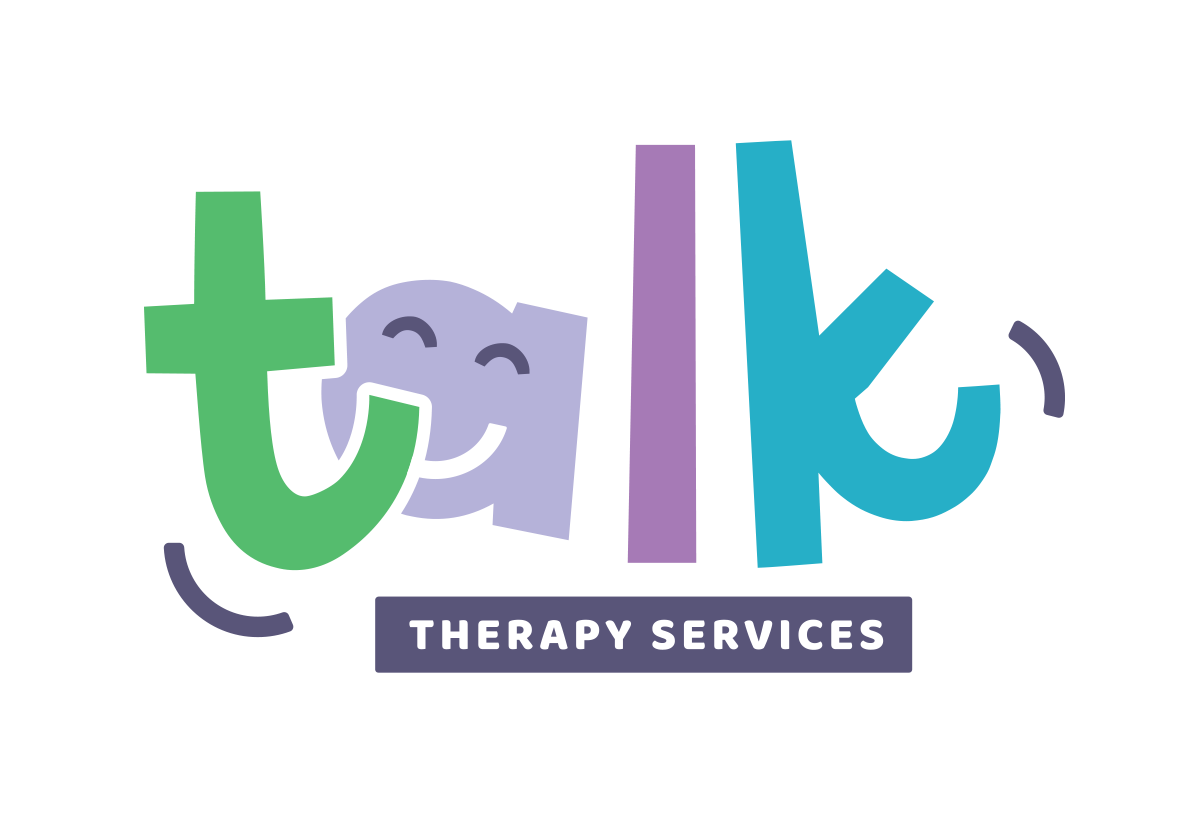Unlocking Potential: The Benefits of Early Intervention for Children with Speech-Language Delays
In the realm of child development, early intervention stands out as a beacon of hope and progress, particularly for children experiencing speech-language delays. Recognizing and addressing these delays at an early stage can significantly alter the trajectory of a child's communication skills, academic achievements, and overall well-being.
Early Detection: The First Step
Early detection of a speech-language delay is critical. Identifying potential issues before they become deeply ingrained offers a window of opportunity for significant improvement. Speech-language delays can manifest as difficulties in articulation, vocabulary development, or the ability to form sentences and express thoughts. Early recognition by parents, caregivers, and professionals paves the way for timely intervention, setting the stage for a child's future success.
Benefits of Early Intervention
1. Enhanced Communication Skills: Early intervention programs are designed to address specific speech and language challenges, helping children to improve their ability to express themselves clearly and effectively. This foundational skill is crucial for building relationships, expressing needs, and navigating the world around them.
2. Improved Academic Performance: Speech and language skills are closely linked to reading, writing, and overall academic success. Children who receive early support are better prepared for the school environment.
3. Boosted Self-Esteem and Social Skills : Being able to communicate effectively with peers and adults is vital for a child's self-esteem and social development. Early intervention can prevent the frustration and social isolation often experienced by children with speech-language delays, fostering a sense of belonging and self-confidence.
4. Prevention of Future Difficulties: Addressing speech-language delays early can prevent related issues from developing or worsening. This proactive approach can reduce the need for more intensive interventions later in life, offering a smoother path to personal and academic achievements.
5. Support for Families: Early intervention programs not only benefit the child but also provide invaluable support and education for families. Parents and caregivers gain insights into effective communication strategies, creating a supportive home environment that encourages ongoing improvement.
The Role of Speech-Language Pathologists in Early Intervention
Speech-language pathologists (SLPs) are at the heart of early intervention efforts and are often the first referral from your child’s pediatrician. SLP’s assess a child's speech and language skills, identify specific delays or disorders, and develop personalized treatment plans. Through a combination of direct therapy, family training, and collaboration with educators, SLPs play a pivotal role in unlocking a child's communication potential.
Navigating the Journey Together
Early intervention for speech-language delays is a collaborative and dynamic process, involving families, educators, and therapists. Embracing this journey early can transform challenges into opportunities for growth and development. The benefits of early intervention extend far beyond improved speech and language skills, touching every aspect of a child's life and laying the foundation for a future filled with possibilities.
If you suspect your child may have a speech-language delay, reach out to a TALK Therapy Services SLP and request a screening or full assessment.

